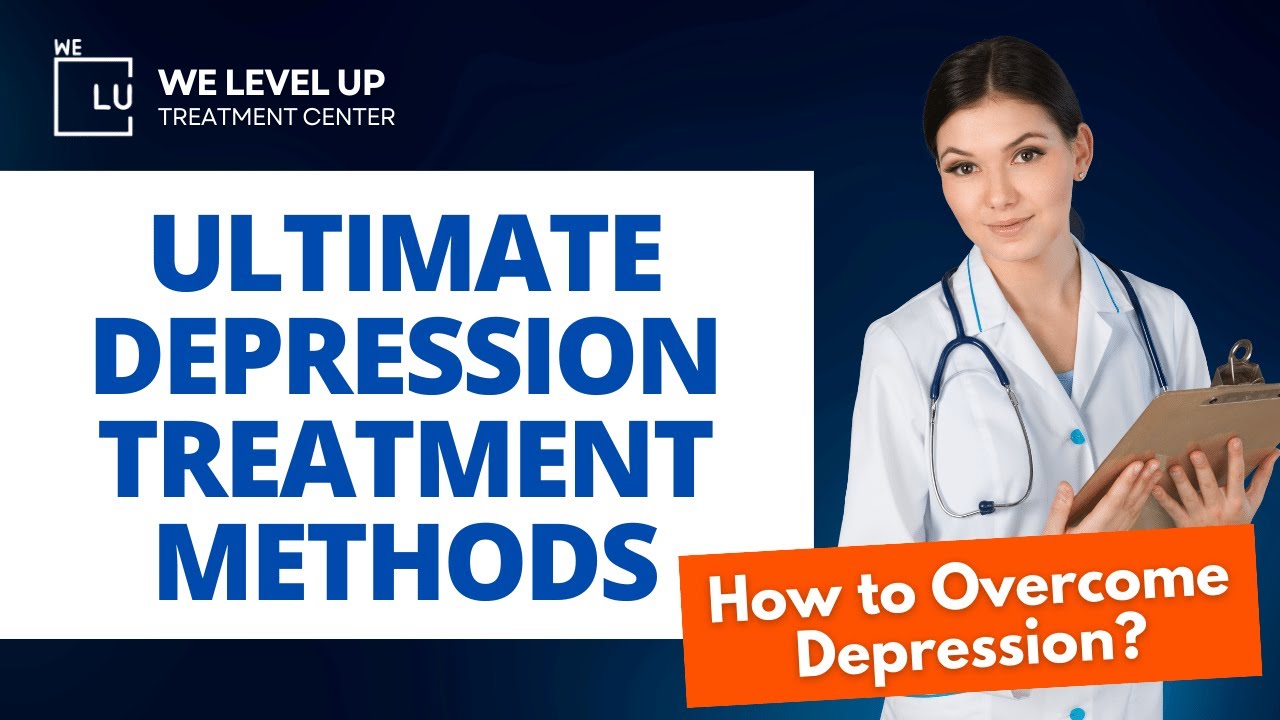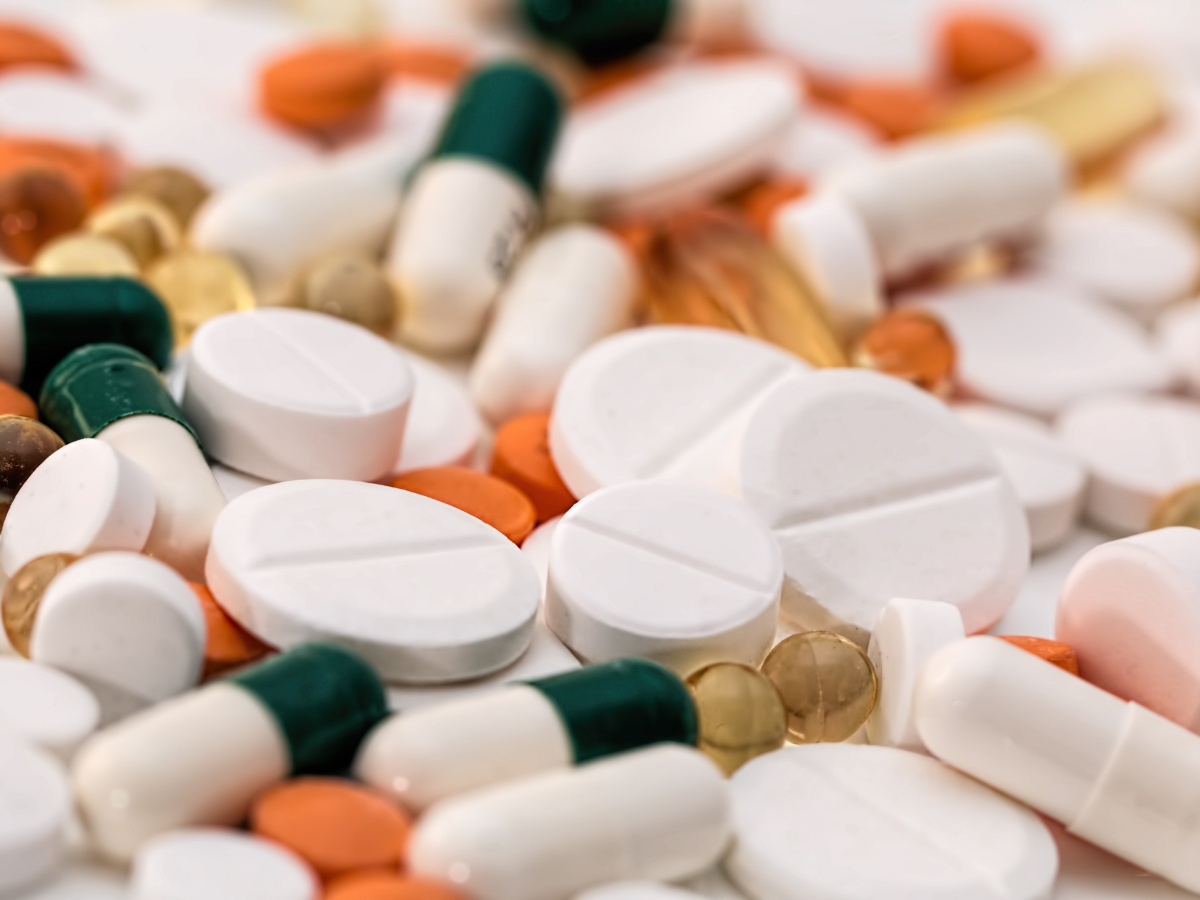What is Lexapro? (Escitalopram)
Escitalopram, sold under the brand names Cipralex and Lexapro, among others, is an antidepressant of the selective serotonin reuptake inhibitor class. Lexapro is mainly used to treat a major depressive disorder or generalized anxiety disorder and it is taken by mouth. Lexapro is usually taken for a period of many years, either until a person feels that they don’t need it anymore or until they begin experiencing negative side effects and decide to switch medications. However, ceasing to take Lexapro should not be undertaken lightly—or without clinical oversight. Lexapro withdrawal symptoms can be severe, particularly if you attempt to stop abruptly, and it may require medical detox treatment.
Withdrawal is a biological response that results from stopping the use of a substance to which your body has become accustomed. The term withdrawal is often stigmatized because of its association with drug addiction. Withdrawal implies that your body has become physiologically dependent on something, but does not automatically imply the disease of addiction. Just because you are able to withdraw from a substance does not automatically mean that it is addictive.
How Long Does it Take for Lexapro to Work?
Sleep, energy, or appetite may show some improvement within the first 1-2 weeks. Improvement in these physical symptoms can be an important early signal that the medication is working. Depressed mood and lack of interest in activities may need up to 6-8 weeks to fully improve. [1]

What are the Possible Side Effects of Escitalopram?
Common Side Effects
- Headache
- Nausea
- Diarrhea
- Dry mouth
- Increased sweating
- Feeling nervous
- Restless
- Fatigued, or having trouble sleeping (insomnia).
These will often improve over the first week or two as you continue to take the medication. Sexual side effects, such as problems with orgasm or ejaculatory delay often do not diminish over time.
Rare/Serious Side Effects
- Angle-closure glaucoma (symptoms of angle-closure glaucoma may include eye pain, changes in vision, swelling, or redness in or around the eye)
- Serotonin syndrome (symptoms may include shivering, diarrhea, confusion, severe muscle tightness, fever, seizures, and death)
- Seizure
SSRI antidepressants including Lexapro may increase the risk of bleeding events. Combined use of aspirin, nonsteroidal anti-inflammatory drugs (e.g., ibuprofen, naproxen), warfarin, and other anti-coagulants may increase this risk. This may include symptoms such as gums that bleed more easily, nose bleed, or gastrointestinal bleeding. Some cases have been life-threatening.
Does Lexapro Have Withdrawal Symptoms?
Do not stop taking Lexapro, even when you feel better. With input from you, your health care provider will assess how long you will need to take the medicine. Missing doses of escitalopram may increase your risk for relapse in your symptoms.

Stopping Lexapro abruptly may result in one or more of the following withdrawal symptoms: irritability, nausea, feeling dizzy, vomiting, nightmares, headache, and/or paresthesias (prickling, tingling sensation on the skin).
Depression is also a part of bipolar illness. People with bipolar disorder who take antidepressants may be at risk for “switching” from depression into mania. Symptoms of mania include “high” or irritable mood, very high self-esteem, decreased need for sleep, pressure to keep talking, racing thoughts, being easily distracted, frequently involved in activities with a large risk for bad consequences (for example, excessive buying sprees). [2]
Medical attention should be sought if serotonin syndrome is suspected. Please refer to serious side effects for signs/symptoms.
How to Help Withdrawal Symptoms from Lexapro?
Lexapro withdrawal is a complex issue that requires long-term treatment – not a quick fix. The first step in overcoming withdrawal symptoms is to seek help from your medical provider or a trained professional. Clearing prescription drugs such as Lexapro from the body and overcoming withdrawal symptoms is the goal of detoxification.
The most effective way to minimize symptoms of withdrawal is to slowly taper off your medication. Tapering involves adjusting your dose by a small amount, gradually decreasing until your body gets used to lower levels of the medication. Talk to your doctor who can then create a dosing schedule and carefully monitor the process to avoid severe symptoms.
In the past, doctors have recommended a quick medication taper down to the minimum therapeutic dose. A taper involves taking progressively smaller doses over the course of days or weeks.
What are the Emotional Symptoms of Lexapro Withdrawal?
Changing or ceasing a medication can be an emotional experience in and of itself, but it becomes especially so when the medication in question directly affects your mood. As Lexapro is an antidepressant, it may come as no surprise that the symptoms of Lexapro withdrawal include emotional experiences such as:
- Anxiety. This is a result of the low levels of serotonin levels in the brain.
- Concentration problems. This is due in part to the negative effects of the other withdrawal symptoms but is also related to imbalanced neurotransmitter levels in the brain.
- Depersonalization. This is a sort of inexplicable sensation where a person simply does not feel quite like his or her natural self. He or she may feel emotionless or listless.
- Depression. Since the drug is often used to treat depression, once a person stops taking it, it is possible that the depression may return or worsen in the absence of other treatments that can provide adequate emotional support in place of Lexapro.
- Irritability or mood swings. Some people may experience bouts of unexplained anger as well as irritability and mood swings, either when taking or when quitting Lexapro.
- Suicidal thoughts. These thoughts can increase or intensify during Lexapro withdrawal. It is important to seek medical support as soon as possible if this occurs.
Many of these effects can be difficult enough to deal with on their own. However, the effects of Lexapro withdrawal are not limited to merely the psychological—there may be physical effects as well. [3]
What are the Physical Symptoms of Lexapro Withdrawal?
There are a wide variety of potential physical symptoms you or your loved one may experience during Lexapro withdrawal, some of which can be quite serious. Possible effects include:
- Appetite changes (generally, this will be opposite the appetite you experienced while on Lexapro)
- “Brain zaps” (the sensation that small electrical shocks are running through one’s brain)
- Dizziness, fatigue, or confusion
- Headaches
- Insomnia
- Fever
- Nausea or indigestion
- Sweating
- Weight changes (often, weight loss)
- Dry mouth
- Frequent urination
- Altered perception of certain senses, such as smell or taste
Several factors can influence how severe withdrawal symptoms are. These factors include how long you or your loved one has been taking Lexapro, how high the dosage is, and other factors related to your unique individual physiology.
In short, the longer you take the drug, the harder it will be to come off of it. Similarly, the higher the dosage, the harder the Lexapro withdrawal process will be. There is no set timeline for how long you can expect withdrawal symptoms to last. Many people will see an improvement in symptoms after about three months—which can seem like an eternity if you are struggling with these symptoms on your own. It’s always good to have a medical professional behind you to help gently taper off Lexapro. [4]
Lexapro Withdrawal Timeline
Lexapro withdrawal symptoms typically persist for up to three weeks. The symptoms gradually fade during this time. Most people who quit taking their antidepressants stop having symptoms after three weeks. There are many factors that affect how long withdrawal symptoms last.
Know the Warning Signs
When you stop or reduce your dose of Lexapro, there is a risk that you may begin to feel suicidal. Large-scale research studies have found a clear association between the discontinuation of antidepressants and suicide attempts. It is important to keep this in mind during your Lexapro withdrawal experience. If you begin noticing unusually strong symptoms of depression it is imperative that you seek help immediately.
If you or someone you love shows any of the following signs or symptoms after stopping Lexapro, get help:
- Becoming preoccupied with death, dying, or violence
- Engaging in risky or self-destructive activities, such as driving drunk
- Feeling hopeless or trapped
- Gathering the means to commit suicide, such as bullets or pills
- Getting affairs in order or giving away belongings
- Having intense mood swings
- Planning how you would commit suicide if you were going to do it
- Saying goodbye to people as if it were the last time
- Talking or thinking about suicide more than normal, for example, “I wish I were dead”
If you are having suicidal thoughts, contact your local emergency hotline or a trained counselor. If you or a loved one are in immediate danger, call 911.
About 50% of people who recover from one episode of depression will have more depressive episodes in their lifetime. If Lexapro didn’t help or you had to stop taking it because of unwanted Lexapro withdrawal side effects, then you will need to develop a long-term plan to treat your depression or anxiety. This may include trying different antidepressants or combinations of antidepressants.
Dual Diagnosis & Detox Program
Talk therapy is also an evidence-based treatment for depression and anxiety. A good drug treatment program will offer several levels of therapy as well as multiple treatment options. This allows the rehabilitation and detox facility to meet the individual needs of its clients.
Most substance use disorder programs begin with a detox process to remove the physical dependence on any substances then a residency program.
This type of program can last as long as two months and is designed to provide intensive focused therapy in a controlled environment to help you get over the first hurdle and give you the tools necessary to face the cravings and temptations of everyday life.
A person with a dual diagnosis has both a mental disorder and an alcohol or drug problem. These conditions occur together frequently.
About half of people who have a mental disorder will also have a substance use disorder at some point in their lives and vice versa. The interactions of the two conditions can worsen both. [5]

Someone with a dual diagnosis must treat both conditions. For the treatment to be effective, you need to stop using alcohol or drugs. Treatments may include behavioral therapies and medications. Also, support groups can give you emotional and social support. They are also a place where people can share tips about how to deal with day-to-day challenges.
Receive dual diagnosis treatment today if you are struggling with Lexapro withdrawal symptoms and mental health disorders. Make this your opportunity to reclaim your life. Call today to speak with one of our treatment specialists
Sources:
[1-2] Escitalopram (Lexapro) – https://www.nami.org/About-Mental-Illness/Treatments/Mental-Health-Medications/Types-of-Medication/Escitalopram-(Lexapro)#:~:text=Stopping%20escitalopram%20abruptly%20may%20result,a%20part%20of%20bipolar%20illness.
[3-4] Lexapro Withdrawal: The Physical and Emotional Symptoms – https://newchoicestc.com/blog/lexapro-withdrawal-physical-emotional-symptoms-nc/
[5] Dual Diagnosis – U.S. Department of Health and Human Services National Institutes of Health





